From the Executive Director: Week of February 28
28 Feb 2022, by Seth Grigg Share :Major Property Tax Relief Legislation on Tap for Introduction
After weeks of speculation and the cancelation of multiple introductory hearings, major property tax relief legislation is set to be unveiled later this week. While an introductory hearing has yet to be set, legislators are tying up loose ends in preparation of making the bill public. IAC has been at the table to answer questions related to the impact of the proposal on counties. The basic components of the bill are as we have previously discussed; however, some details have changed:
– Rather than raising the sales tax to $0.0795, legislators are instead pushing for an increase of $0.0185 with the amount of sales tax dedicated to property tax replacement locked in at $0.0165.
– Property tax replacement money would be distributed to counties, cities, and non-school taxing districts monthly, rather than quarterly.
– The expanded homestead exemption would include not only the residential improvement and one-acre homesite, but also up to four additional acres of residential land.
– Beginning tax year 2022 (county fiscal year 2023), residential property owners having received the homestead exemption will no longer pay non-exempt property taxes to counties, cities, and non-school taxing districts. They would continue to pay property taxes to school districts and for the retirement of voter approved bonds.
– The definition of homesite for PTR purposes will also be amended to align with the expanded homestead exemption up to five acres of residential land use.
With these new parameters in place, IAC is fine-tuning our fiscal analysis of the proposed legislation. Items that are still being negotiated include how and when to trigger property tax relief stabilization payments to local governments in the event of a recession, how much annual growth in revenues should be dedicated to future property tax relief stabilization, and how to distribute growth revenues above 3%.
Once a bill is introduced, IAC will schedule another membership call to go over the proposed legislation, share our initial fiscal analysis, and answer questions. I appreciate the comments and questions that have previously been submitted by the membership. I have been relaying the questions to bill drafters. Please keep engaging with us as we work through what is proving to be a complicated bill that, if passed, would be a paradigm not only for state tax policy but would also shift how local governments are funded.






